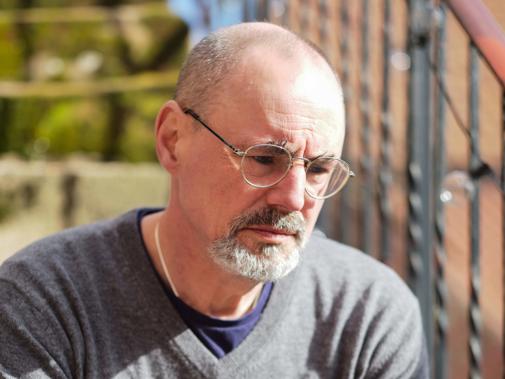On the edge: GPs in despair
The demands GPs face have outweighed the satisfaction they extract from their jobs, some say. Peter Blackburn talks to doctors overworked, under-appreciated and ready to turn their backs on the profession – and to those who have already left
Location:
UK
Published:
Friday 18 March 2022

